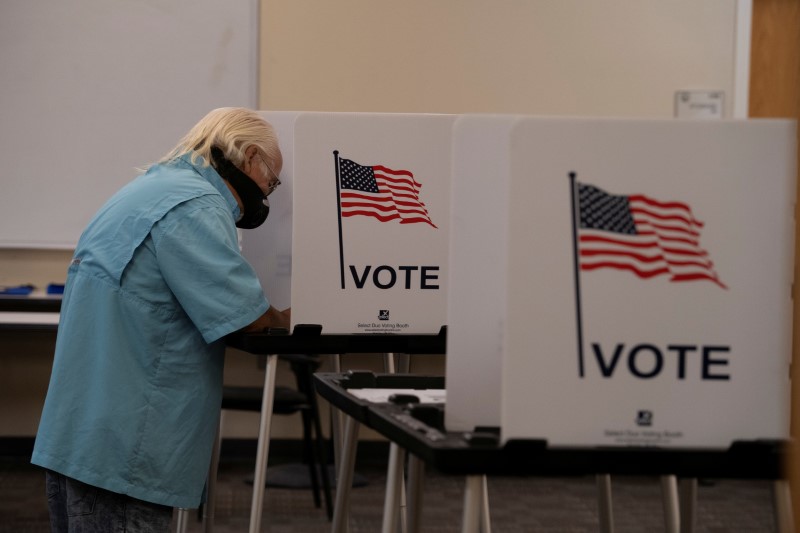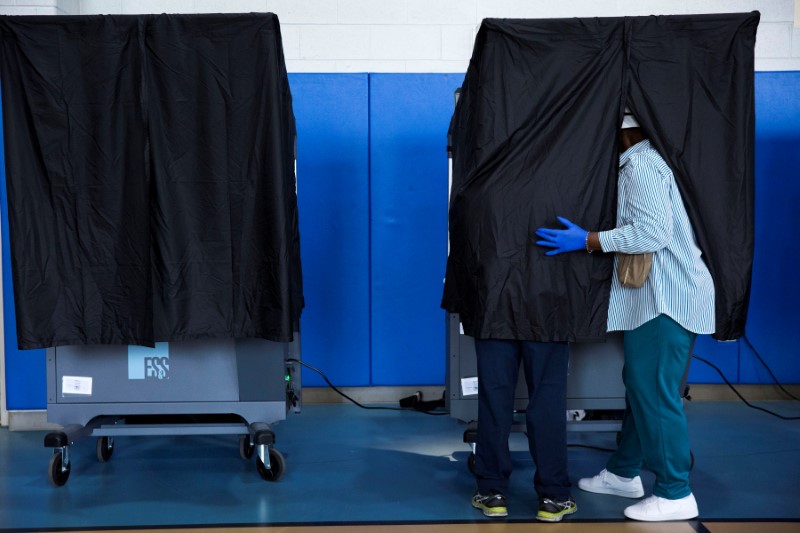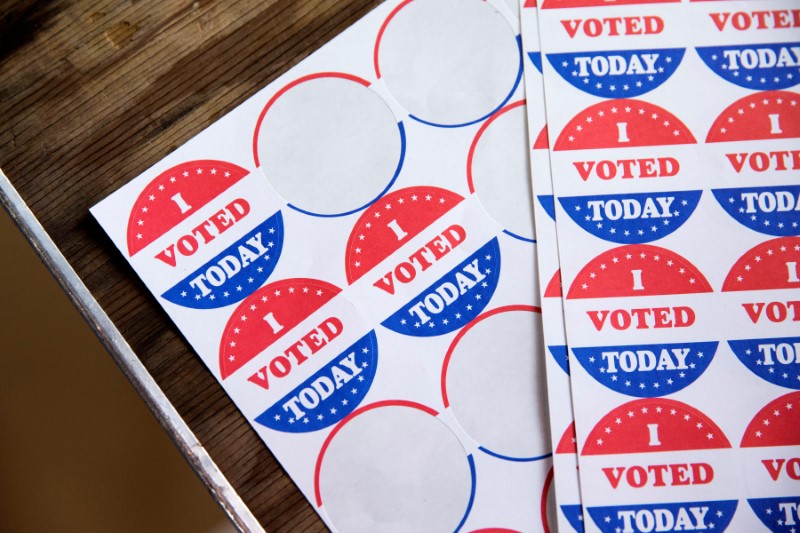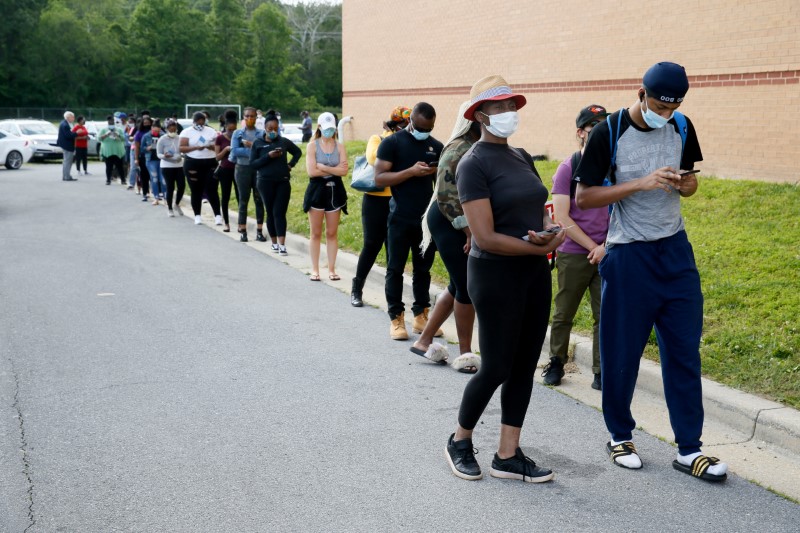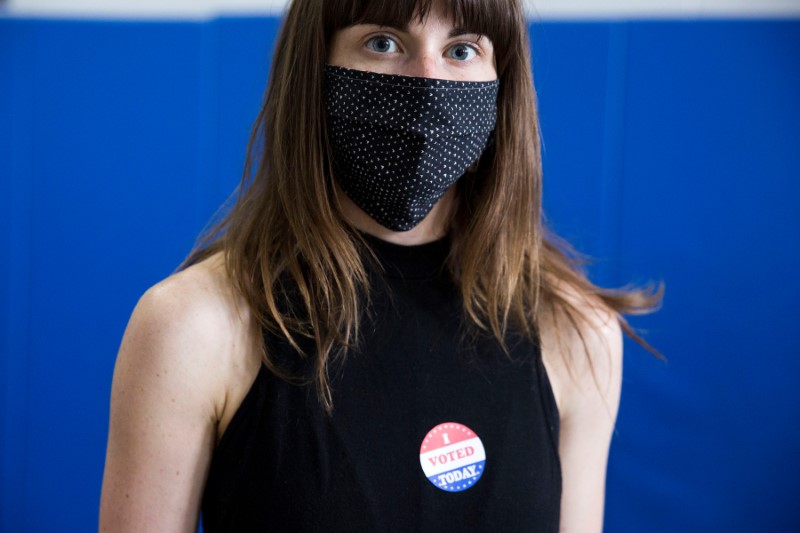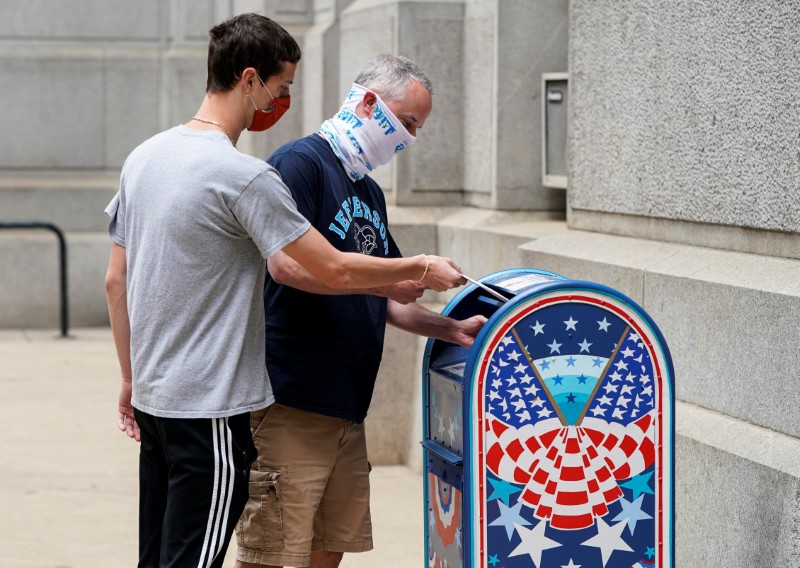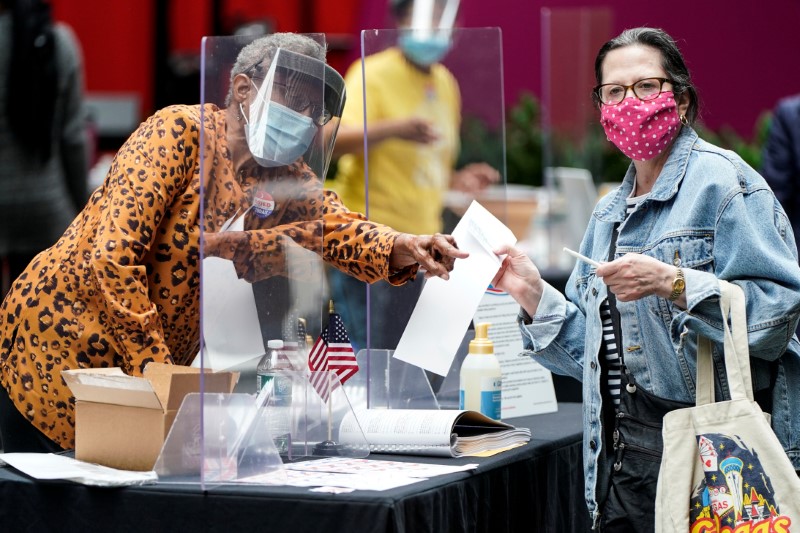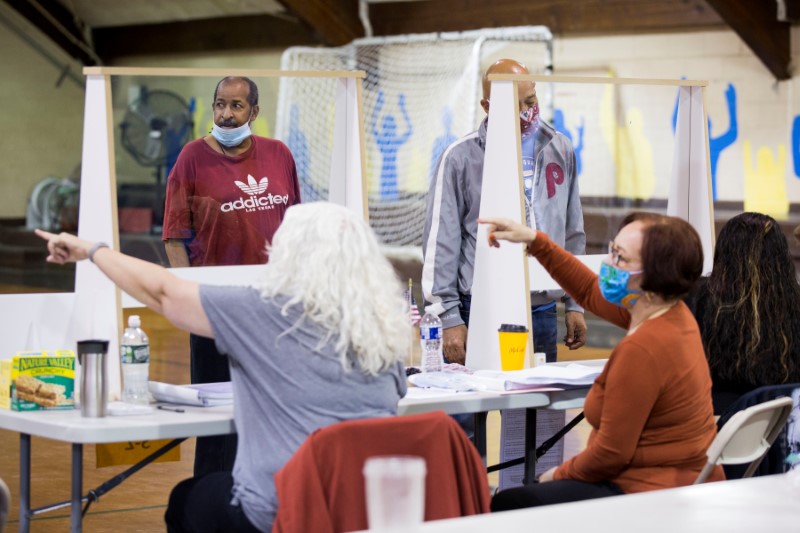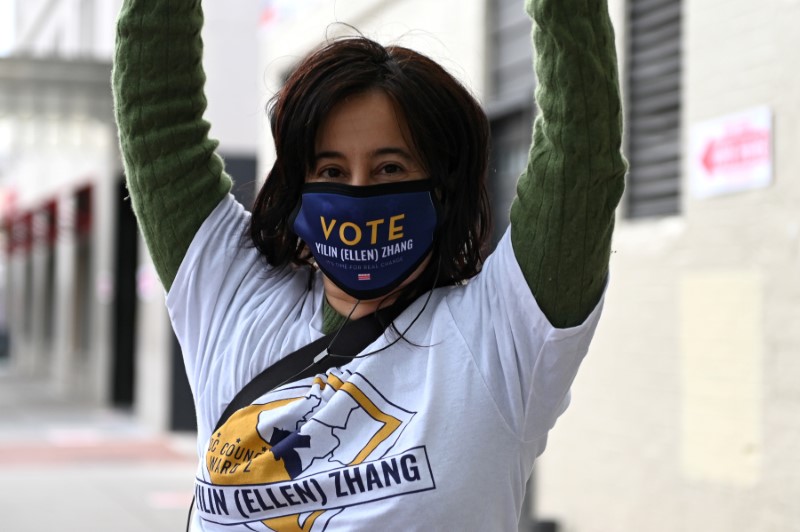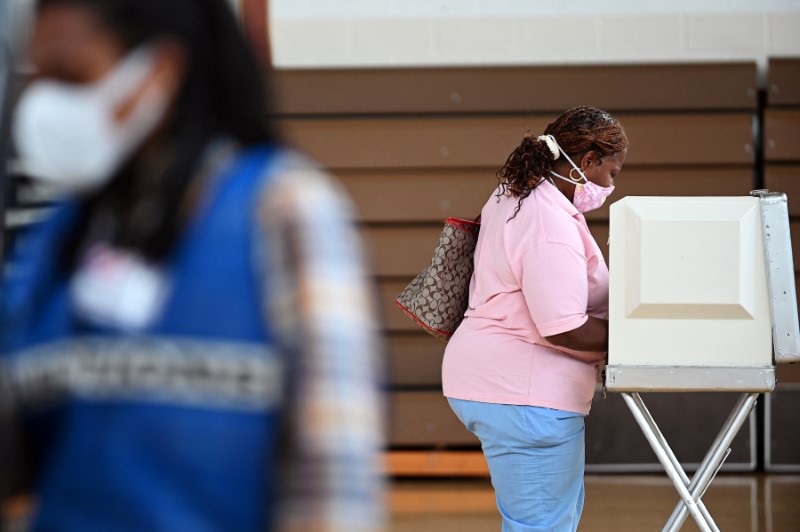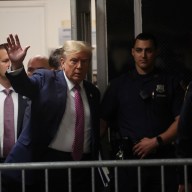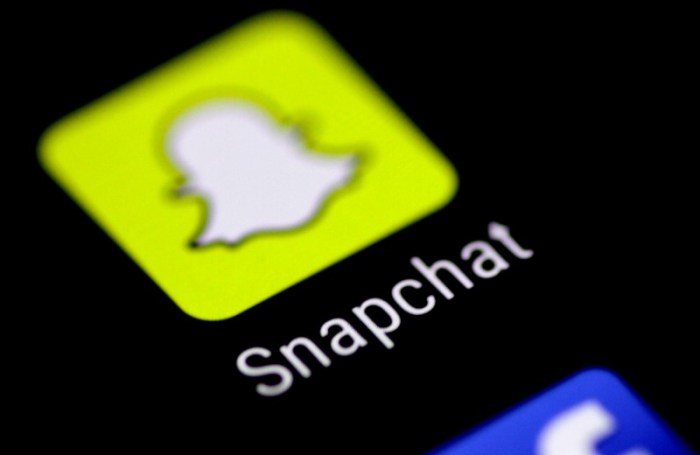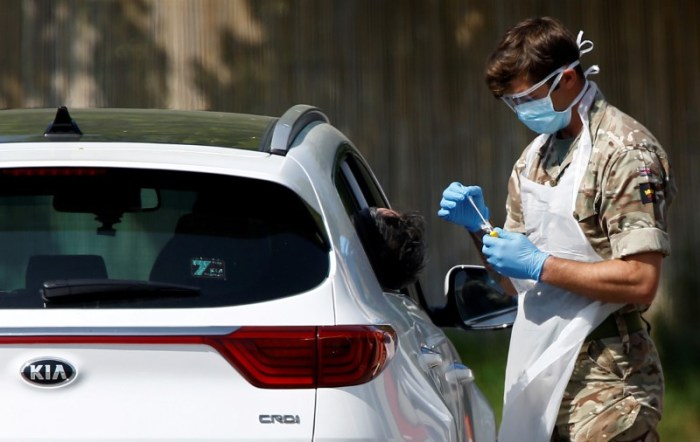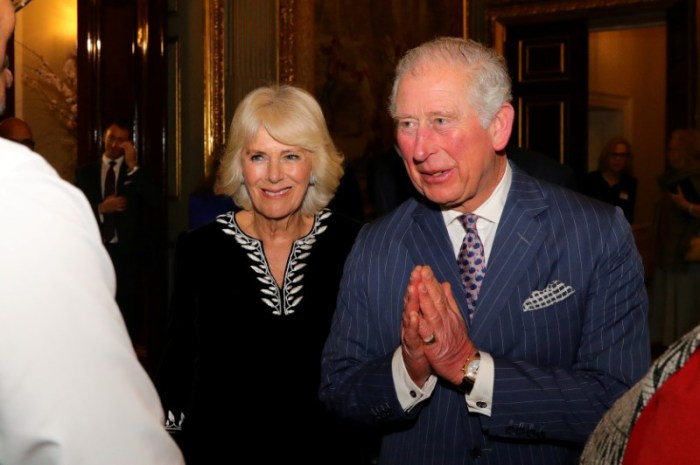WASHINGTON (Reuters) – Confusion, complaints of missing mail-in ballots and long lines at some polling centers marred primary elections on Tuesday in eight states and the District of Columbia, the biggest test yet of voting during the coronavirus outbreak.
The most extensive balloting since the pandemic sparked lockdowns in mid-March served as a dry run for the Nov. 3 general election. It offered a glimpse of the challenges ahead on a national scale if that vote is conducted under a lingering threat from COVID-19.
All of the states voting on Tuesday encouraged or expanded mail-in balloting as a safe alternative during the outbreak, and most sharply reduced the number of in-person polling places as officials struggled to recruit workers to run them.
That led to record numbers of mail-in ballots requested and cast in many states, along with complaints over not receiving requested ballots and questions about where to vote after polling places were consolidated.
Pennsylvania and three of the other states voting – Indiana, Maryland and Rhode Island – had delayed their nominating contests from earlier in the year to avoid the worst of the coronavirus outbreak that has killed more than 106,000 people in the United States. Iowa, Montana, New Mexico, South Dakota and the District of Columbia also voted on Tuesday.
“The big story out of Pennsylvania is really voter confusion,” said Suzanne Almeida, interim director of government watchdog Common Cause Pennsylvania.
Some polling places in at least four Pennsylvania counties opened late, and some voting machines failed in at least three counties – Philadelphia, Bucks and Lancaster, according to the Pennsylvania Election Protection Coalition voting rights group.
Asked about reports of machine failures, Wanda Murren, a spokeswoman for the Pennsylvania Department of State, said there were “really a very low number of voting machines with problems.” She did not provide a specific number.
In Indiana, voting rights groups said they heard from many people who reported they never received the absentee mail ballots they had requested.
“That certainly contributed to long lines in Marion County,” said Julia Vaughn, policy director for Common Cause Indiana. Marion County, which includes Indianapolis, consolidated its polling places and had only 22 open on Tuesday.
Emily Hodson, an elementary school teacher in Indianapolis, said she and her husband applied for their absentee ballots ahead of the deadline for requesting one and received confirmations they were on the way, but never received them.
“We had to go vote in person. We were a little nervous about it given COVID,” Hodson said.
The Indiana Secretary of State’s office did not respond to a request for comment.
Most in-person voting locations across the country featured extensive safety protocols – including masks, sanitizer and social distancing for lines.
The voting in some areas also was complicated by massive protests after an African-American man died in police custody in Minnesota last week. Philadelphia Mayor Jim Kenney said a city curfew would not be enforced until 30 minutes after polls close. In Washington, voters and poll workers were to be exempt from that city’s curfew, Mayor Muriel Bowser said.
Robert Wood, 54, said he considered not going to the polls given the dual threat of the coronavirus and riots. But the South Philadelphia resident said he thought last week’s events made it even more important.
“As a black man, I know a lot of people lost their lives so that I can vote. I take that seriously,” Wood said.
Counting the flood of mail-in ballots could delay the results, officials said. In Pennsylvania, Governor Tom Wolf extended the deadline for receiving mailed ballots postmarked by June 2 to June 9 in six counties, including Philadelphia.
The primaries came amid a partisan brawl over voting by mail, which Democrats support as a safe way to cast a ballot and Republican President Donald Trump condemns as ripe for fraud. Numerous studies have found little evidence of voting fraud tied to mail-in ballots.
Former Vice President Joe Biden has essentially wrapped up the Democratic presidential nomination to face Trump in November, but seven of the states also had primaries for state and congressional offices.
(Reporting by John Whitesides and Jarrett Renshaw; Editing by Soyoung Kim, Peter Cooney and Jonathan Oatis)

